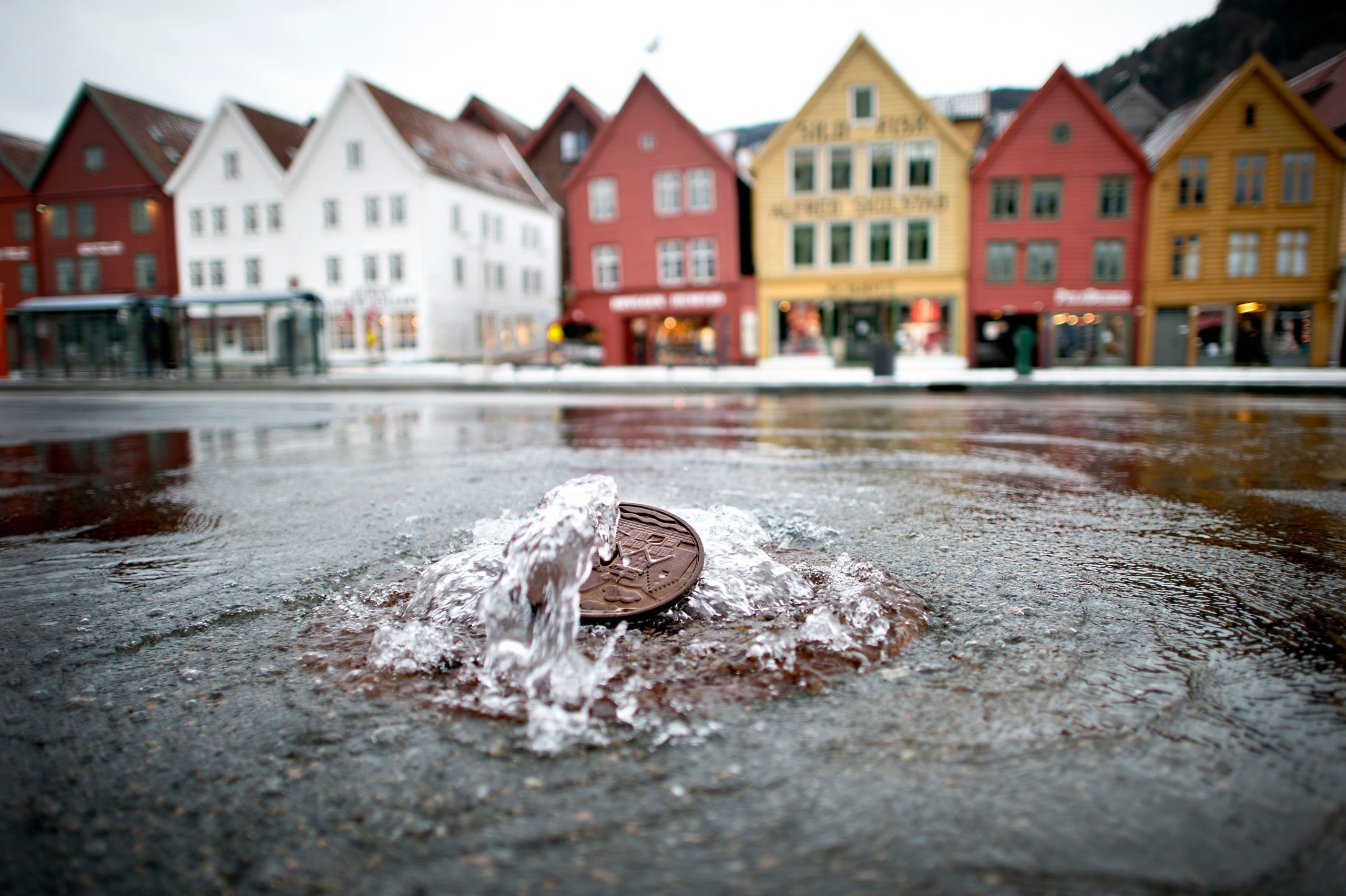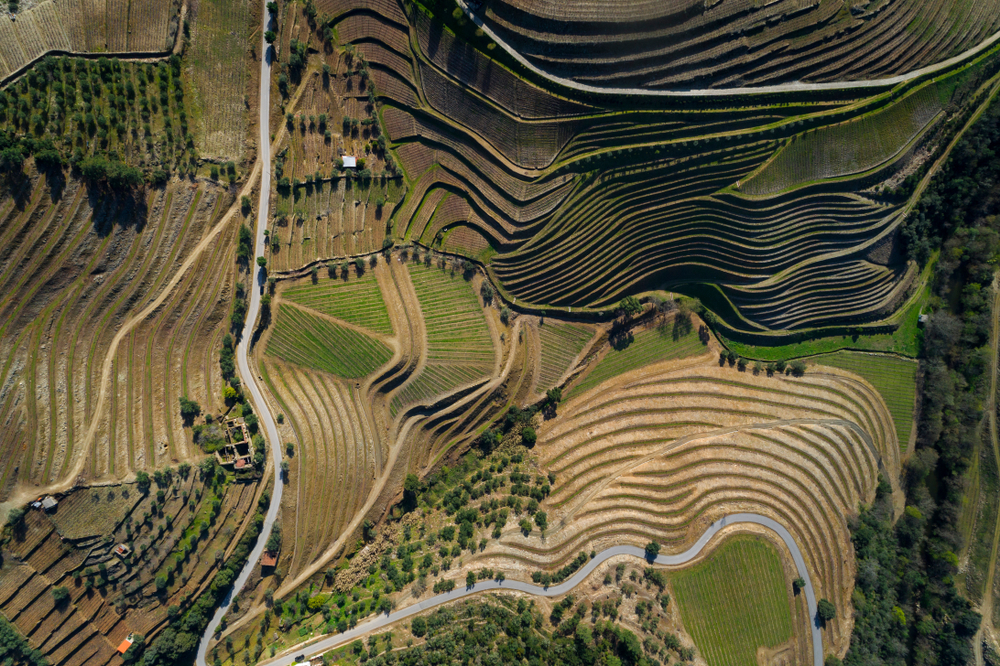
Friday, 24 June 2022 from 9:00 to 10:30 am CEST
Climate change is having an increasing and lasting impact on our environment and society. Cultural heritage is in no ways spared: tangible and intangible assets are exposed to new risks and their vulnerability is far greater. Researchers have already begun to investigate the impacts of climate change, but there is still a need to complement existing findings and to ensure that these contribute to future prevention and adaptation policies. Whilst cultural heritage is often described as being challenged by climate change, global agreements – such as the 2015 Paris Agreement and the 17 United Nations Sustainable Development Goals (SDGs) – acknowledge its potential to play an active part in the transition towards more sustainable models.
Many opportunities have arisen from research, and many are still to be discovered. Research must further explore how to make cultural heritage a readily available resource for climate mitigation and sustainable development. Research in the field of cultural heritage and climate change on individual geopolitical regions, or a few in the immediate vicinity of one another, remains prevalent. In this context, there are opportunities to promote multidisciplinary research and knowledge exchange across several regions. For example, regions with similar environmental and socioeconomic challenges and opportunities, regions with similar types of heritage, as well as regions that have experienced challenges for which they have found solutions that might inform decisions elsewhere. There are currently few opportunities to highlight research gaps and priorities and to inform those who fund research. It is for this reason that two Joint Programming Initiatives with a focus on Cultural Heritage and Climate Change came together to publish a joint white paper. It is vital that research communities across regions collaborate to address the knowledge gaps identified within the paper at the global level and to safeguard our cultural heritage for future generations.
Given the global nature of the challenge, both JPIs have been exploring the possibility of engaging more with international research and funding networks such as the Belmont Forum, which hosts the Sustainability Research and Innovation Congress 2022 (SRI 2022). The JPIs were invited by the event to hold a session on cultural heritage and climate change that would eventually support a potential collaboration with the Belmont Forum to foster research cooperation and partnerships across world regions on cultural heritage and climate change. The session will take place on Friday, 24 June, from 9:00 to 10:30 am CEST. To learn more and sign up, please visit the website of SRI 2022.
SRI 2022
A joint initiative of Future Earth and the Belmont Forum, the SRI Congress is a space of dedicated advocacy for sustainability scholarship and innovation, transdisciplinary and cross-sectoral collaboration and action. Hosted by the Future Africa Institute at the University of Pretoria, SRI2022 will build on the success of the first SRI Congress which took place in June 2021 and featured 700 speakers and 2,000 participants from 100 countries.
An important objective of SRI2022 is to amplify the voice of sustainability science and innovation in the Global South, specifically for the African continent, through raising awareness and propelling discussions about sustainable priorities for Africa. Africa has much to offer to the global discussion on sustainability, and SRI2022, together with its host Future Africa, will provide a critical platform for collaboration with local, African and international partners.
Documents



